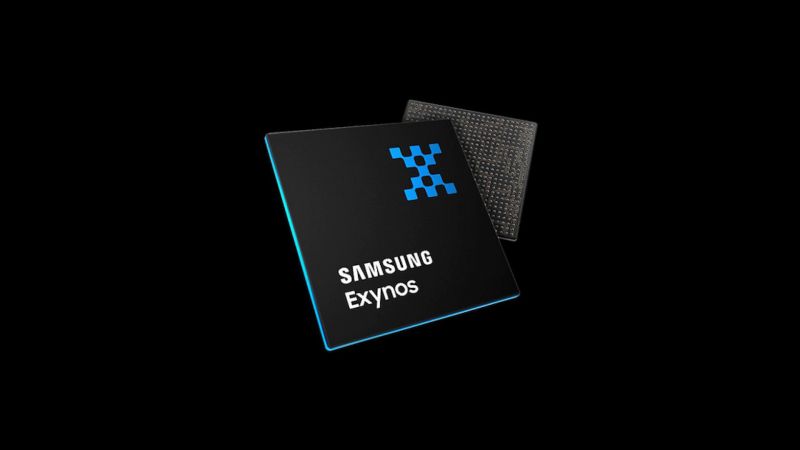Samsung may still be working on the Exynos 2300, but it’s reportedly not to be found in any of the Galaxy S23 models. Considering that the high-end version will be powered by the Snapdragon 8 Gen2, which the company considers will be produced on TSMC’s 4nm process, it will have better performance and energy efficiency compared to Samsung’s 4nm technology. In fact, part of the reason Qualcomm turned it’s Snapdragon 8 Plus Gen 1 to TSMC was to gain an extra advantage that the Snapdragon 8 Gen 1, made with Samsung’s 4nm, doesn’t have.
The Snapdragon 8 Gen2 is rumoured to offer a 20% boost in performance over the Snapdragon 8 Plus Gen 1 while having the same efficiency, making the processor a smart choice for exclusive use in the upcoming Galaxy S23 series. According to The Elec, Kyung-Hyeon Kye, president of Samsung Electronics Device Solutions (DS) division, praised TSMC’s 4nm process as superior as early as September.

The report states that the Exynos 2300 is being mass-produced using a dual-rail strategy, with Samsung adopting both its 4nm and 5nm, potentially saving costs. However, given the yield and power consumption issues associated with Samsung’s 4nm, the company may stick with 5nm this time around and then move to a more advanced process for future processors.
While it’s a shame we won’t see the Exynos 2300 designed for flagship smartphones, Samsung is reportedly working on a redevelopment of the high-end chipset. Earlier the company said it was fully committed to developing future Exynos SoCs, and a joint working group is said to have been formed to oversee the operation to improve productivity within the division. Hopefully, this new change in direction will allow the company to make the best smartphone processors.
If this article is helpful for you, please share this article with your friends on social media. Thank you!!
Title: AMD Radeon RX 7900 XTX aims to compete with NVIDIA’s RTX 4080, FSR3 may support non-RDNA 3 GPUs